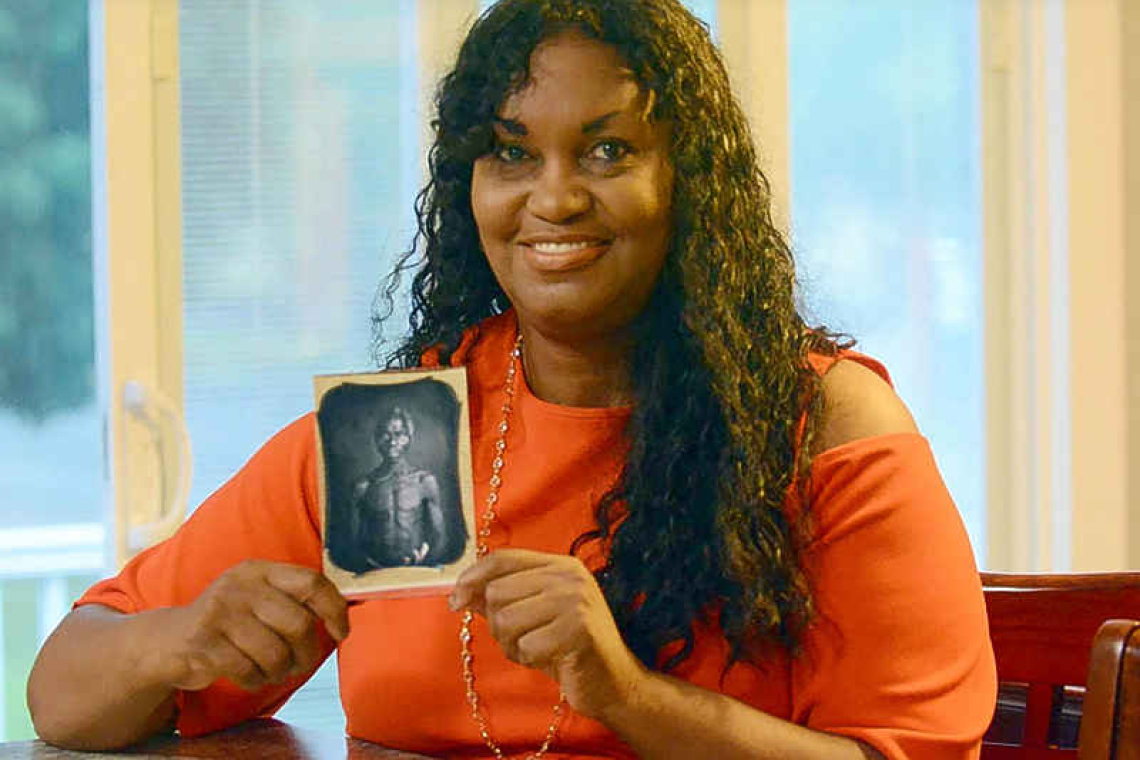BOSTON--Harvard University has agreed to give up ownership of photos of an enslaved father and his daughter who were forced to be photographed in 1850 for a racist study by a professor trying to prove the inferiority of Black people to resolve a lawsuit by one of their descendants.
The settlement was announced on Wednesday by the legal team representing Tamara Lanier, who had waged a six-year legal battle over what she alleged was its wrongful claim of ownership over photos that were taken without her ancestors' consent. The photos will not go to Lanier as part of the settlement, but instead will be turned over along with pictures of five other enslaved people to the International African American Museum in Charleston, South Carolina.
"Harvard played a role in the darkest chapter in American history," Lanier said in a statement. "This is a small step in the right direction towards fully acknowledging that history and working to rectify it."
Cambridge, Massachusetts-based Harvard said it had long been eager to place the photos with another public institution to put them in the appropriate context and increase access to them for all Americans."This settlement now allows us to move forward towards that goal," the school said.
The settlement comes as Harvard fights in court against efforts by President Donald Trump's administration to terminate billions of dollars in grant funding and end its ability to enroll foreign students.
The lawsuit concerned images depicting Renty Taylor and his daughter Delia, slaves on a South Carolina plantation who were forced to disrobe for photos taken for a racist study by Harvard Professor Louis Agassiz. The photos were being kept at the Peabody Museum of Archaeology and Ethnology on Harvard's campus when Lanier sued in 2019.
A judge in Massachusetts initially dismissed the case. But the state's highest court revived it in 2022, saying she had plausibly alleged Harvard was negligent and recklessly caused her to suffer emotional distress.
Justice Scott Kafker, writing for the court, said Harvard "cavalierly" dismissed Lanier's claims of an ancestral link and disregarded her requests for information about how it was using the pictures, including when the school used Renty Taylor's image on a book cover.He called the pictures' creation "horrific" and said Harvard had "responsibilities to the descendants of the individuals coerced into having their half-naked images captured in the daguerreotypes."







